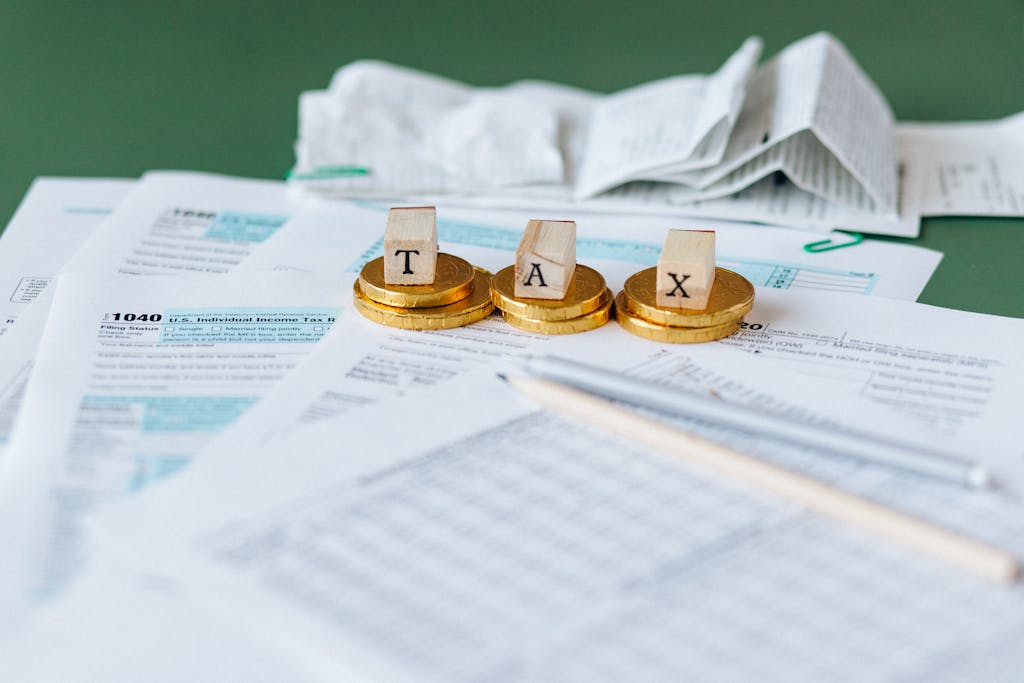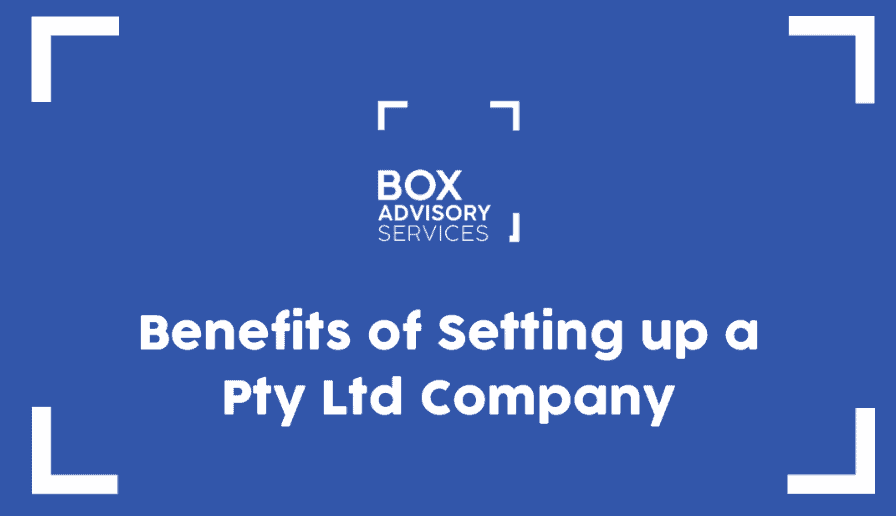
BY
|
The Small Business Grant that Businesses are Missing Out On
Are you a small business operating in NSW? Are you not liable for payroll tax and want to employ more staff? Then your business may be eligible for the Small Business Grant.
As a small business, meeting the eligibility criteria will result in your business receiving a $2,000 bonus for each new full-time position employed in your position. As a business you must meet the following criteria:
- Have an active ABN
- Not have a payroll tax liability during the first 12 months of employing the new person (as at 30 June of the financial year)
New Job
A new job for your employee can either be a full-time, part-time and casual worker. As a result, if you increase the number of NSW full-time equivalent (FTE) employees in your business and apply within 60 days of the employee’s start date, this grant will be awarded to you.
Note: the new job must be maintained over a 12 month period. Currently, any new job created on or after 1 July 2015 and before 1 July 2019 can be registered for the grant.
- A full-time job is a position where an employee’s average/standard hours worked per week is 35 hours or more
- A casual employee who works an average/standard of 35 hours or more per week is considered a full-time employee for the purposes of the grant
Criteria
Minimum Employment Period
The minimum employment period is 12 months from the start date of the new job. This is usually spread across two financial years. During this period, there must always be a person employed in the job:
- If a position is left vacant for less than 30 days, it’s not considered a vacancy
- For more than 30 days where the position is vacant, the grant may be paid on a pro-rata basis, if the vacancy is accepted as being beyond the business operator’s control
Eligible Employment
- The position must be newly created
- The person is employed, full-time, part-time, on a permanent or casual basis
- Starts on or after 1 July 2015 and before 1 July 2019
- Maintained for a period of 12 months
- Your number of FTE employees, prior to the new job, increases and is maintained for 12 months
- Employee performs more than 50% of their services in NSW
If one or more of the above conditions of eligibility are not met, then your small business may not be eligible for the grant.
Scheme End Date
The scheme ends on 1st July 2019. Therefore, all registrations for any new eligible jobs must be made prior to this date.
How do I register for the small business grant?
To claim the grant, you’ll need to lodge an online application for payment within 60 days after the 12 month anniversary date of the new job’s creation.
When claiming the grant, most recent payslips must be provided and a PAYG payment summary (group certificate) relating to the financial year that falls within the 12 month grand period, must be provided. Further evidence may be asked in some cases.
The payment is a one-off payment for each new job and is paid by electronics funds transfer when a claim is approved.
What if I am liable for payroll tax?
If your wages exceed the payroll tax threshold and you become liable for payroll tax before the anniversary date of your new job, this will mean that you are no longer eligible for the grant.
In some cases, you may be eligible for the jobs action plan (JAP) rebate if the job was originally registered for a small business grant. However, you must ensure that all other eligibility criteria for the small business grant and jobs action plan are met.
Conclusion
The small business grant can be an easy and helpful offering by the NSW Government to help you along with your business endeavours. We encourage all small businesses to check the eligibility criteria to assess whether they may be able to attain the grant. At Box Advisory Services, we believe many small businesses are missing out on this grant as they are unaware of this.
Box Advisory Services offers a complete range of business and taxation advice for small- to medium-sized businesses in Australia. Book an appointment with us now!
Disclaimer:
Please note that every effort has been made to ensure that information provided in this guide is accurate. You should note however, that the information is intended as a guide only, providing an overview of general information available to contractors and small businesses. This guide is not intended to be an exhaustive source of information and should not be seen to constitute legal or tax advice. You should, where necessary, seek your own advice for any legal or tax issues raised in your business affairs.




